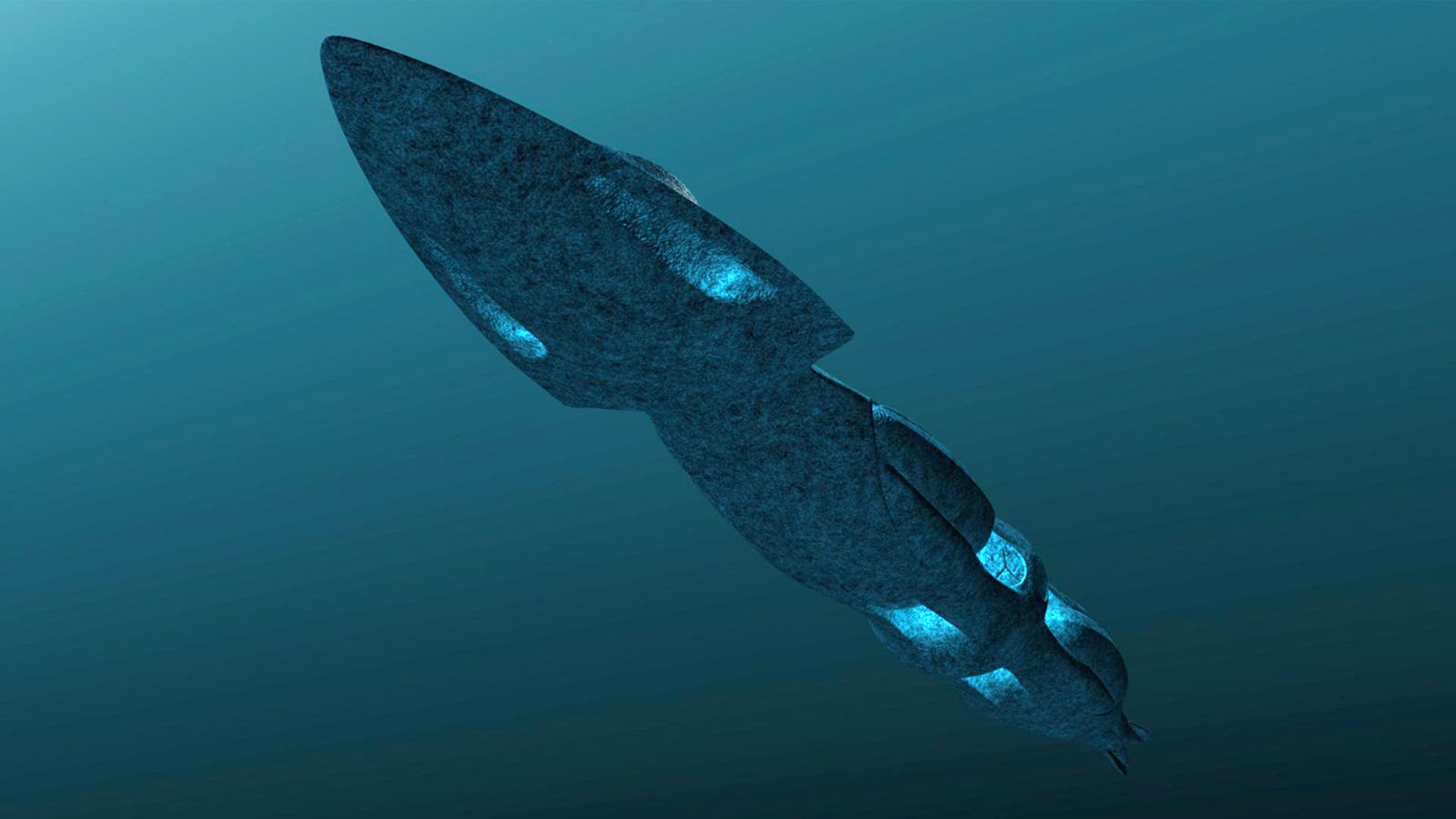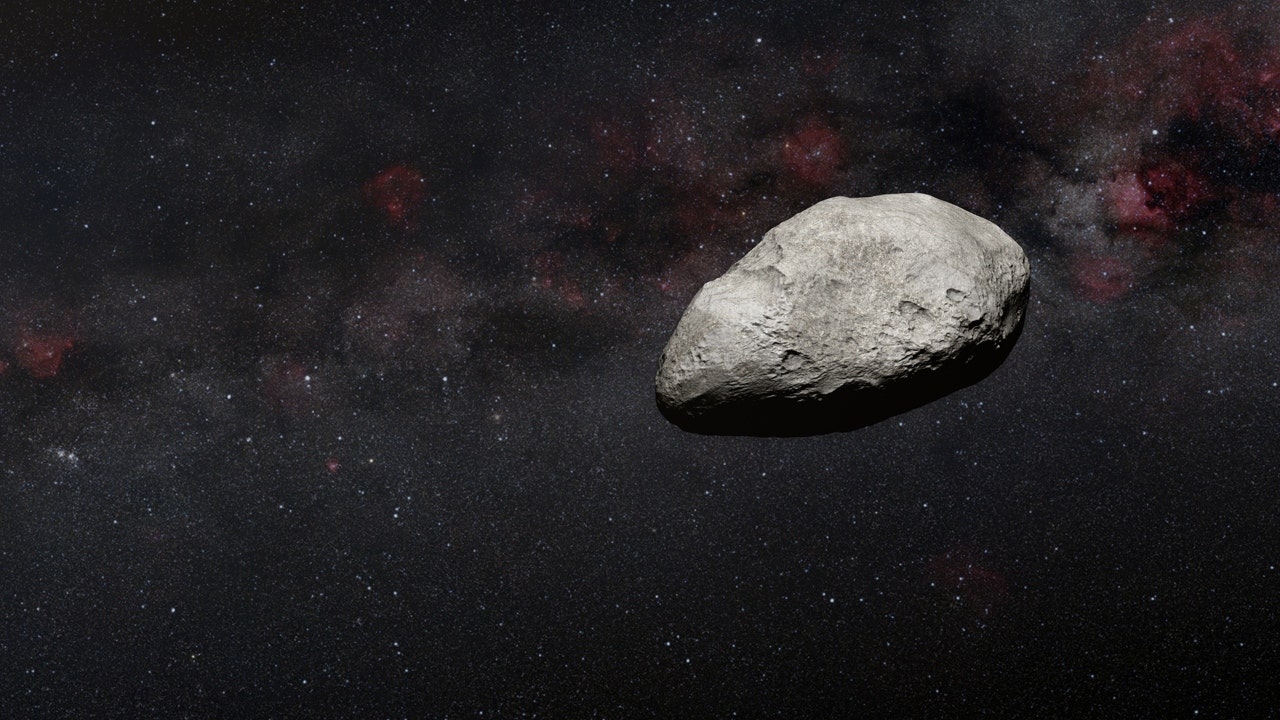- Joined
- Jan 12, 2014
- Messages
- 60,470
My minimal understanding is that through the radioactive dating of decay they can date rocks back 3.8 million years on earth and minerals longer but they’ve dated meteorite rocks which landed on earth to 4.5 million years or so. Apparently they’ve dated the moon’s age and somehow have come up with approximations incorporating that. I’m not sure how that works though unless they find moon rocks on earth and can date those as being at least 4.5 million years old and even so, when did they get here?You would be surprised how much we take for granted as common knowledge is based on some modicum of faith.
Assumptions are everywhere here it seems.



